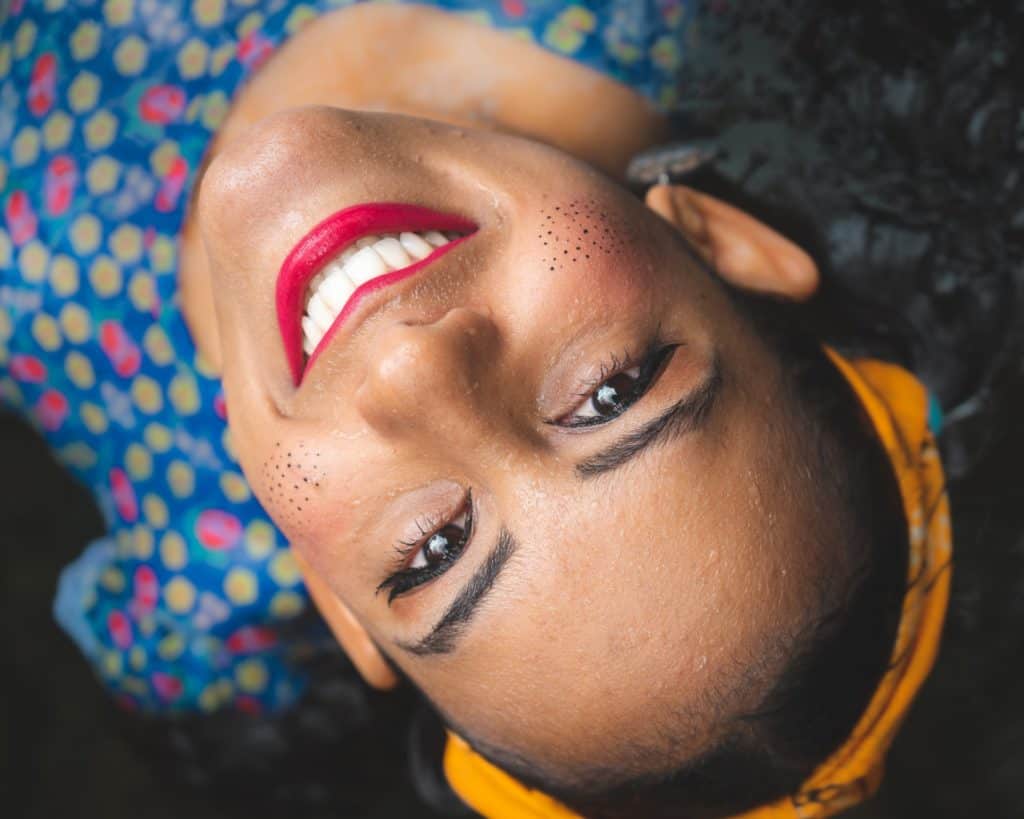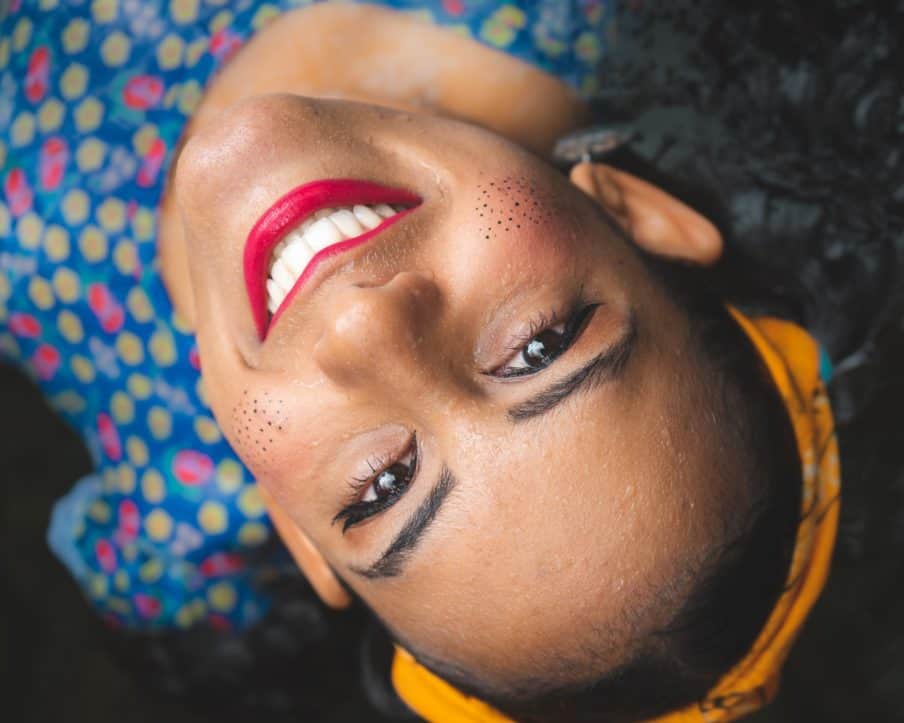
Although Costa Rica is a small country in Central America, it has a lot of wonderful things to offer to everyone that lives in and visits this beautiful country. And like any country, Costa Rica has its fair share of slang words and expressions that the locals use to talk about anything from fruits at the store to the weather. These expressions and colloquial vocabulary give them a rich and varied language.
Here are the 55 very common Costa Rica expressions and slang words that you will hear or even learn to use when you are in Costa Rica and talking to the locals.
1. Coco
Bald, though it is used for “head,” as well. It also means “bogeyman.”
2. Concho
Rustic, without manners, sullen.
3. ¡déle!
Expression used to ask someone to go ahead or, in a fight, to throw a punch.
4. Dolor de huevos
We say “pain in the neck”; they say “pain in the balls.”
5. Espeso
Its standard meaning is “thick,” as in thick gravy. It is slang for “difficult” or “problematic.” It’s interesting that the word peso in Spanish means “weight,” and pesado means “heavy,” literally, but also “dull,” “tiresome” or “clumsy,” while pésame is an expression of condolence and pesadilla is a nightmare.
6. Fachento
Sloppily or badly dressed. It can also mean “snob.”
7. Fondillo
Rear end
8. Frito
Out of luck. It literally means “fried.”
9.Furris
Not very good.
10. Gato
Literally, “cat,” but it also refers to a person with green or sometimes blue eyes.
11. Goma
Literally, “rubber” (the substance) or “eraser.” In slang, it means “hangover.”
12. Guachimán
This comes from the English “watchman.” It usually refers to the guards who watch cars in the street.
13. Güila
Child, “kid”; also used among friends like our “dude”; and among guys as slang for a young woman.
14. Hablar paja
Literally, “to speak straw.” It means “to speak of nothing.” The expression pura paja is like our “bullshit.”
15. Harina
It means “flour,” and, like our “bread,” is slang for “money.”.
16. Hijo de papi/papá
Someone born into a rich family and who has been given everything.
17. Jalar
literally, “to pull,” but used in some interesting ways as slang. It means “to be going together” (as a couple). Jalarse la torta (literally, “to pull the problem”) means “to get pregnant when unmarried.” Moreover, Costa Ricans will often shout “¡Jale!” to say “Get out of here!”
18. Jugársela
To be able to handle something or to take a risk. Jugar means “to play.”
19. Jupa:
Head. Jupón, or “big head,” means “stubborn or closed person.”
20. Limpio
Literally, “clean,” but, not surprisingly, slang for “broke,” as in out of money.
21. Luna
This means “moon,” but, as in English, it is used to refer to moods. De luna means “in a bad mood.” Estar en la luna (“to be on the moon”) means “to be spaced out.” And, of course, the word lunático needs no explanation.
22. Levarla Suave
This translates literally as “to carry it soft.” It means “to take it easy.” By the same token, simply saying suave means “easy” or “have patience.”
23. Macho, Machito
In Costa Rica, this does not mean what you think. It refers to a person with light skin and hair, although macho also means simply “male.”
24. Mandarina
Literally, “tangerine.” It’s rather hilarious that it is slang for a defective car or “lemon.”
25. Mejenga
A neighborhood or local soccer game.
26. Mocoso
Mocos means “mucus” or “snot.” A mocoso is a brat or a snot-nosed kid.
27. Monchar
To Eat La moncha is “hunger,” and la monchis refers to post-marijuana munchies.
28. Mosca muerta
Literally, “dead fly.” It refers to a person who counterfeits innocence or weakness.
29. Mota
Marijuana or pot
30. Nota
This means either “note” or “grade” (in the sense of academic evaluation) in standard Spanish. In slang, it means “style” or “vibe.” Someone or something can be buena nota or mala nota.
31. Ojo or ojo al Cristo
Ojo means “eye.” There is also the expression Pele (peel) el ojo. All three expressions mean “watch out.”
32. Pachanga
Party
33. Estar detrás del palo
Literally, “to be behind the tree.” In slang, it means “to be unable to understand anything.”
34. Paracaidista
Party crasher (literally, “parachutist”).
35. Pata
This word, which means “paw,” is not slang in itself, but it is the origin of many colorful expressions: mala pata (bad luck), pata caliente (a person who never stays home), patas arriba (disordered, in a mess), con toda la pata (great, in good health), estirar (to stretch), la pata (to die) and meter (put in) la pata (to commit an indiscretion, “to blow it”).
36. Pendejo
Cowardly or silly.
37. Picaflor
Literally, “it pierces flower.” It is a word for “hummingbird” that is not used in Costa Rica, but in slang refers to a man who goes from one woman to another. Other words for this are perro (dog) and mujeriego (from mujer, woman).
38. Pinta
A strange person, in a suspicious sense.
39. Platero
A person extremely interested in making money.
40. Polo
Hick. A polada is a hickish action.
41. Ponerse las pilas
Literally, “to put in ones batteries.” It means “to get going,” “to make more of an effort.”
42. Roco
Old
43. Rojo, Rojito
A ¢1,000 bill, so-called because it is red.
44. Rubia
Literally, “blonde,” but in slang it means “beer.”
45. Salado
Literally, “salty.” It is slang for “unlucky.” In fact, there is a superstition that it is unlucky to have anything from the sea in the house.
46. Soplado
Very fast
47. ¡soque!
Hurry up!
48. Tanate
Large amount. It can also mean “big trouble.”
49. Tanda
Binge (liquor). It also refers to a showing, for example of a movie.
50. Tiquicia
Costa Rica (because of the appellation “Tico”).
51. Torta
In standard Spanish, this means “round cake,” like our word “torte.” It is also used to indicate an open-faced omelet (because it is round). Colloquially, it means “problem” or “boo-boo.”
52. Tuanis
Wonderful, “cool.”
53. Tucán
A ¢5,000 bill, because it has a picture of a toucan on it.
54. Viejo Verde
Lecher, “dirty old man.”
55. Zarpe
The last drink of the night.


